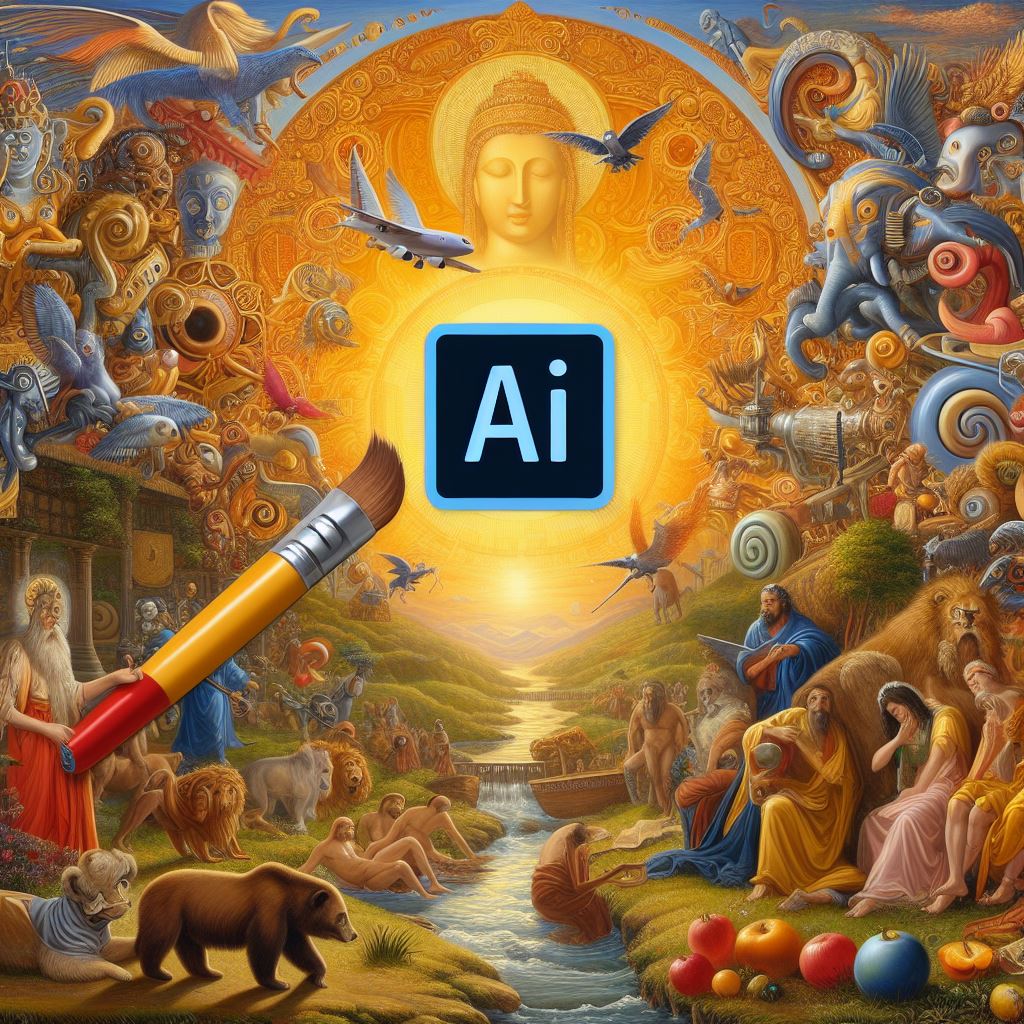Understanding Intelligence
Artificial intelligence, commonly known as AI, refers to the simulation of human intelligence in machines that are programmed to think and learn like humans. The history of AI dates back to the 1950s, with significant advancements leading to the development of various AI systems. These systems can be categorized different types based on their functionalities, such as rule-based systems, neural networks, and deep learning algorithms.

Applications of Artificial Intelligence
AI in Healthcare
The integration of AI in healthcare has revolutionized the industry by enhancing diagnostic accuracy, personalized treatment plans, and predictive analytics for patient outcomes. From early disease detection to robotic surgeries, AI is optimizing patient care and improving overall healthcare efficiency.

Benefits and Challenges of Artificial Intelligence
Advantages of AI in Society
AI offers countless benefits to society, including increased productivity, improved decision-making, enhanced safety measures, and innovative solutions across various sectors. From aiding disaster relief efforts to optimizing supply chain management, the potential of AI to drive positive societal impacts is vast.
Ethical Concerns Surrounding AI
As AI advancements continue, ethical considerations related to data privacy, algorithm bias, job displacement, and autonomous decision-making have emerged. It is crucial to address these ethical challenges through transparent practices, robust regulations, and responsible AI development frameworks.
Impact of AI on Jobs
While AI presents opportunities for automation and efficiency in the workforce, concerns about job displacement and skill gaps have raised questions about the future of employment. Upskilling programs, reskilling initiatives, and collaborative human-AI workflows are essential for navigating the evolving job landscape influenced by AI.
The Future of Artificial Intelligence
Emerging Trends in AI
The future of AI is marked by trends such as explainable AI, federated learning, quantum computing, and AI democratization. These trends are shaping the next generation of AI technologies, pushing boundaries in research, implementation, and ethical considerations.
FAQs
* What is the difference between Artificial Intelligence and Machine Learning?
* How can Artificial Intelligence enhance efficiency in various industries
In conclusion, artificial intelligence is a powerful tool that has the potential to revolutionize our modern world. By understanding the complexities, applications, benefits, challenges, and future trends of AI, we can navigate the evolving landscape of intelligent technologies with foresight, responsibility, and ethical mindfulness.


